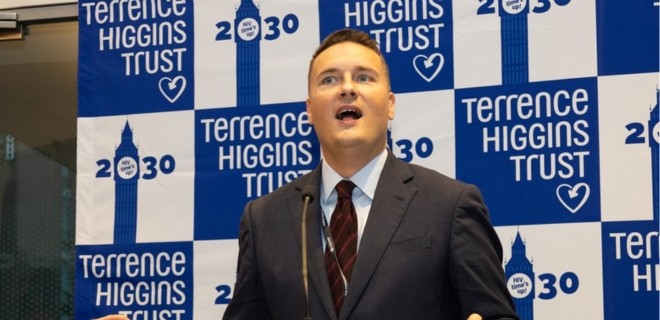
New figures released by the UK Health Security Agency today show there was a small decrease in new HIV diagnoses in England in 2024. The data shows there was 4% decrease in new HIV cases in the UK in 2024 compared to 2023, with a 2% decrease in England specifically. There was also a 3% rise in testing in English sexual health services for the same period.
However, progress has been unequal. Diagnoses continued to rise for heterosexual men outside of London, as well as gay and bi men from ethnic minorities. The data shows a worrying decline in the number of 18- to 24-year-olds testing, the only group where testing rates have still not recovered to pre-COVID levels.
The data does not include the number of people who attended a sexual health service but left without being offered an HIV test.
Whilst more people than ever before are now using PrEP, a pill which prevents the acquisition of HIV, there are persistent inequalities in who is accessing it. Gay and bi men are far more likely to be offered PrEP in a sexual health service compared to people in other groups who could also benefit from it. Amongst Black African heterosexuals, nearly half who could have benefited from PrEP were not offered it when attending a sexual health service, compared to just 12% of white gay and bi men.
Opt-out HIV testing in A&Es in areas with a very high HIV prevalence continues to succeed in finding new cases and people living with diagnosed HIV not accessing life-saving care. In 2024, 8% of all new HIV diagnoses were made through this programme. This routine approach to testing has been finding people who are less likely to get tested elsewhere, including women and people from ethnic minorities.
Richard Angell OBE, Chief Executive of Terrence Higgins Trust said 'This data is promising, but we have not turned the corner yet. We need to go further and faster, with a relentless focus on tackling the inequalities that persist. That means scaling up HIV testing, improving access to PrEP and supporting people living with HIV who are not accessing life-saving treatment. Get that right and the new HIV Action Plan can get England on track to end new HIV cases by 2030, once and for all.'



